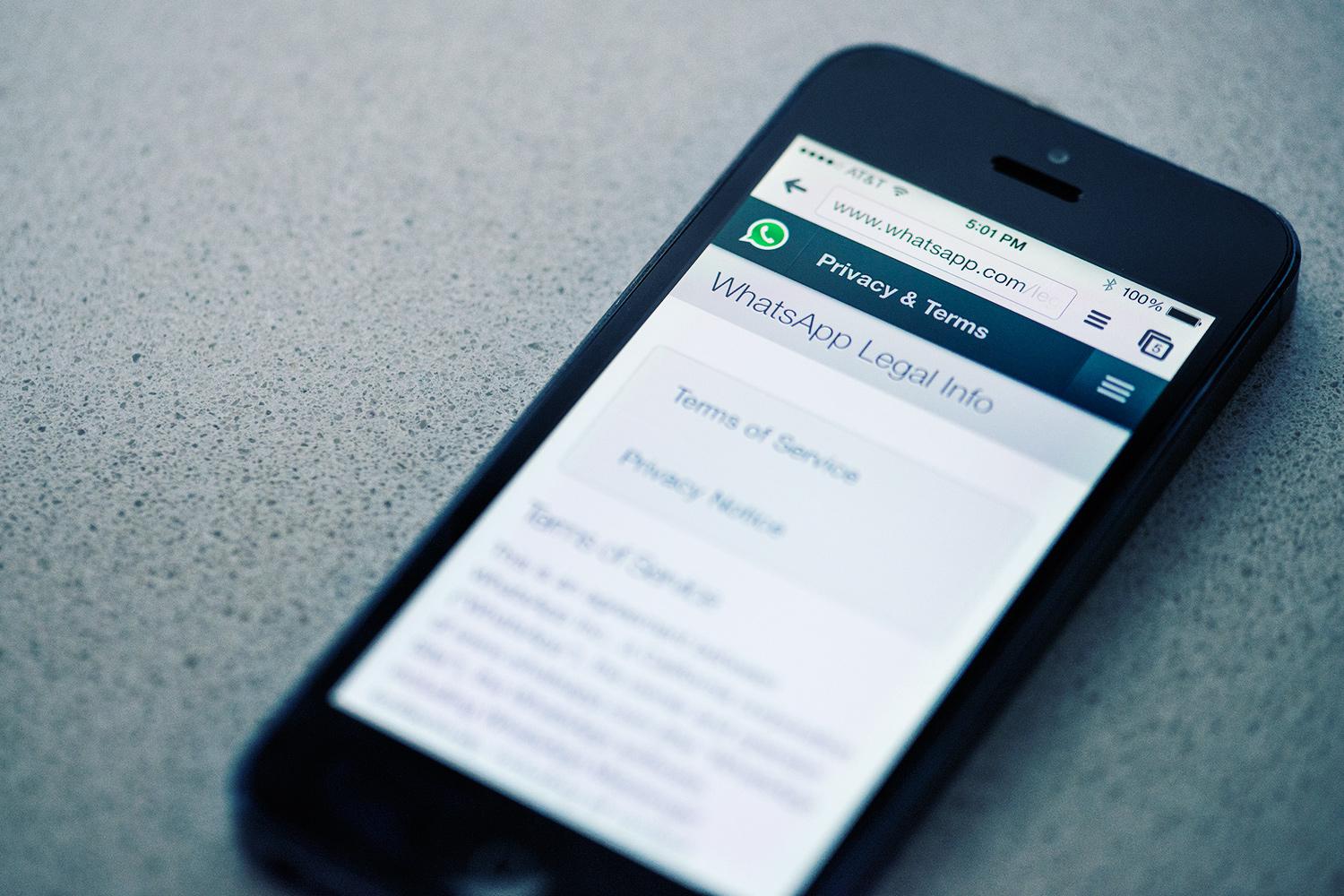Recently, Venturebeat published an article by Dean Takahashi, the lead author of the GamesBeat section, dedicated to the development of American, European and Asian gaming companies. We offer the Russian version of the material.
Facebook recently bought WhatsApp, a mobile messaging service, for $16 billion (in fact, for $19 billion). This deal shows how far social networks have lagged behind the leading trends of the mobile market. She also points to a huge gap in the strategy of Western companies to win over mobile gamers, the inability to adapt to the rapid changes that are taking place in the Asian gaming market.
Facebook had previously tried to cope with the rapidly growing messaging market with Facebook Messenger, but the service failed in Asia. Of course, in this regard, buying WhatsApp will not help Facebook to conquer the East. However, in theory, it is able to stop the expansion of the Asian platforms Line, Kakao Talk and WeChat in the West.
Facebook Messenger has not caught on in AsiaThe explosive growth of mobile messaging services (also known as messengers) in Asia was due to two factors.
Firstly, the specific culture of using mobile phones (deeper in comparison with other regions). Secondly, high data transfer rate.
Initially, messengers were simple applications that only allowed users to communicate with each other, but today they have turned into full-fledged platforms, add-ons over mobile OS.
Why did I mention this topic in the column about games? Because cool games with the ability to give gifts have appeared in Asian messengers. Thanks to them, KakaoTalk, WeChat and LINE earn good money and grow fast. And they have become a great means to promote games.
Now that Facebook has acquired WhatsApp, it’s time for both companies to figure out how to make games work on their platform and how to profit from them. While WhatsApp is not as “friendly” with games as its American competitor Tango. But the situation will change when the company focuses on making money.
Will WhatsApp become the new KakaoTalk?Theoretically, if providers capable of providing users with fast Internet appear in the USA, then mobile messaging services will come along with them.
And the time will come for a great battle between Facebook/WhatsApp and Asian messenger companies.
Only it is not known whether what has taken root in Asia will take root in the USA and the rest of the world. This path is not easy. Ordinary users may hate gaming spam inside messengers, that’s how they reacted to it on Facebook at the time. It is likely that the United States will never see such a development of mobile culture, which has been achieved in Asia or Europe.
However, the discussion around mobile games distributed within the framework of Asian messaging services is just one of many unfolding today within the gaming industry.
Alina Soltis, senior analyst at The Corum Group (mergers and acquisitions consulting), noted that 9 of the 10 largest acquisitions of companies in the gaming industry over the past year have been made by Asian players.
Asia was the first to use free-to-play as a business model, and this is its advantage. Years of fighting piracy led to the fact that more than 10 years ago, the Asian company Nexon began to release free-to-play titles that users play for free, but at the same time buy virtual goods for real money. Now free-to-play dominates the world, according to AppAnnie, this monetization scheme accounts for 93% of app stores’ revenue.
KakoTALK is available on almost all major platformsCompared to the USA, Europe is in a better position to switch to mobile and free-to-play games.
It has a rich mobile culture, it has become the birthplace of such giants of the mobile industry as Supercell and Rovio. However, the US is home to Microsoft, Amazon, Google and Apple.
The USA has its advantages in the distribution of AAA content on all platforms. According to Tencent’s top manager David Wallerstein, traditionally the best game developers are located here. It is not surprising that Asian companies are buying up American ones. They invest in major studios like Riot Games and Epic Games. This means they are learning how to become AAA game development companies. If we also take into account their success associated with the development of smartphones and tablets, mobile messaging networks, high network speed, experience with free-to-play, it is not difficult to calculate who will become the leader of the gaming industry in the future.
It is unknown whether games on mobile messengers will appear in the USA. But if this happens, it is likely that Asian companies will be the winners.
Buying WhatsApp looks like an effort to resist this inevitable trend. And $16 billion is not such a big price for this.
Source: http://venturebeat.com /



